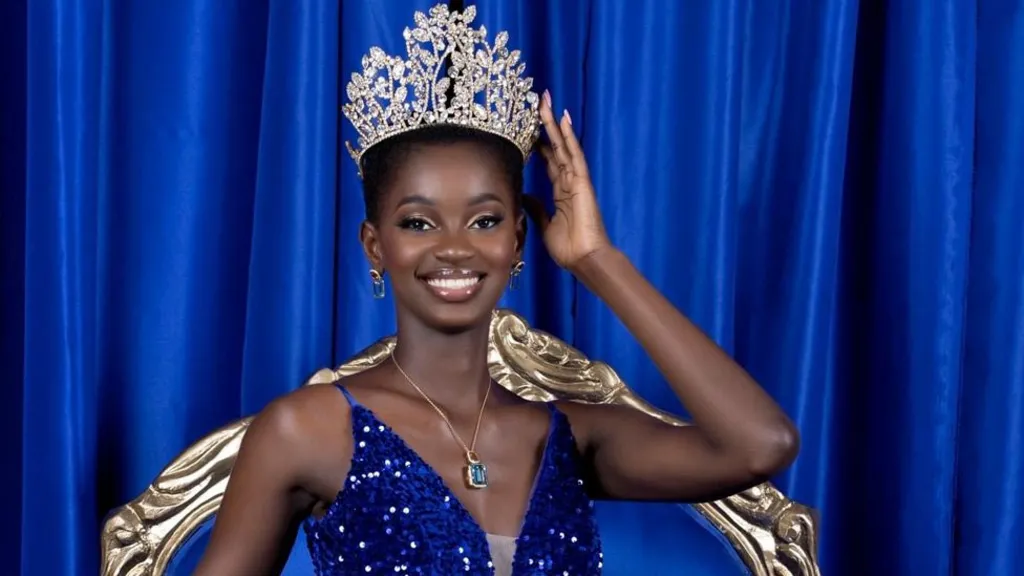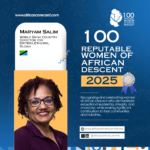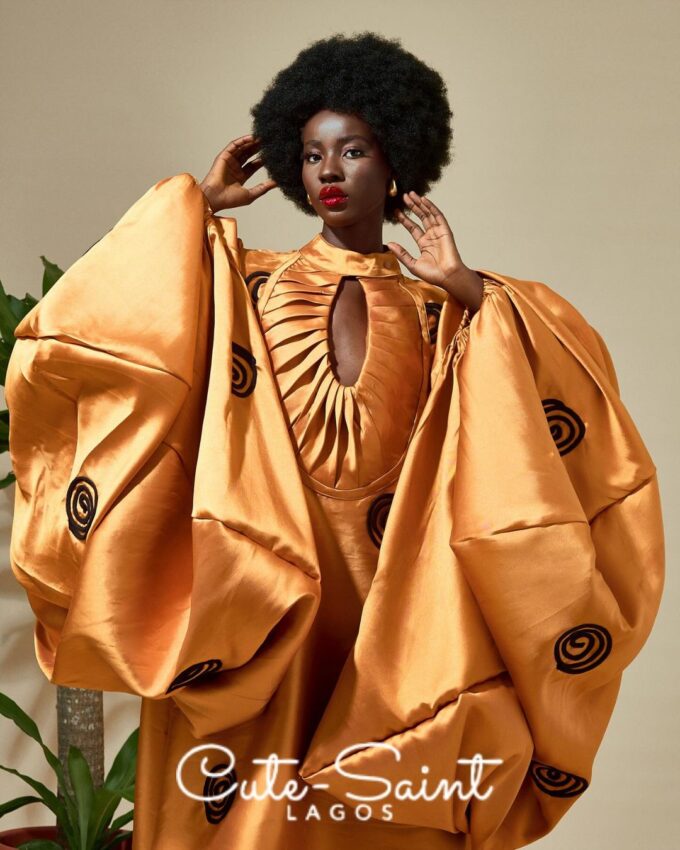For decades, beauty pageants in Ivory Coast have been dominated by contestants wearing wigs, weaves, and other Western beauty enhancements. But in a significant shift this year, the organizers of Miss Ivory Coast have introduced a new rule that bans wigs, weaves, and hair extensions during the preliminary stages of the competition.
This bold move has stirred nationwide debate, as it challenges long-held beauty norms and seeks to celebrate the natural beauty of African women.
“Beauty Must Be Raw”
“We want the candidates to be natural—whether with braids or straightened hair, it should be their own,” said Victor Yapobi, president of the Miss Ivory Coast organizing committee. “Beauty must be raw.”
Ivory Coast is now the only African country enforcing such a rule in a national beauty competition. The aim, Mr. Yapobi said, is to redefine beauty standards by encouraging contestants to embrace their natural features, moving away from artificial enhancements often associated with Western ideals.
A Nod to Natural Hair
Only two Miss Ivory Coast winners in the pageant’s 60-year history have worn natural hair when crowned. One of them is Marlène-Kany Kouassi, who won in 2022 wearing her short Afro—without any extensions. Her look made waves not only in Ivory Coast but also internationally.
The new rules follow a global shift in attitudes toward natural hair. For instance, Angélique Angarni-Filopon from Martinique made headlines when she won Miss France 2023 at age 34, proudly sporting her natural Afro.
Contestants React to the Ban
At the first regional preliminary event in Daloa, contestants were divided in their reactions. While some embraced the rule, feeling empowered and proud, others were taken by surprise.
“I’m a wigs fan. I love wigs… I didn’t expect this rule!” said 24-year-old contestant and makeup artist Astrid Menekou. However, she added, “Now? I like my hair, and that’s OK.”
Real estate agent Emmanuella Dali, 21, felt the change gave her a fairer chance: “This rule gives me more pride as a woman – as an African woman.”
Another contestant, Laetitia Mouroufie, said the rule had changed her perception of beauty. “Last year, I wore extensions because I thought that’s what beauty meant. This year, I feel more confident being myself.”
Economic Impact and Industry Concerns
Not everyone is thrilled. The new rule could have implications for Ivory Coast’s $300 million hair industry, where wigs and weaves play a significant role. Some salon owners, like Daloa-based hairdresser Ange Sea, worry about the impact on their livelihoods.
“Many women love wigs. This will hurt our business,” she said.
Wigs made from human hair can cost between $200 and $4,000, while synthetic ones range from $10 to $300—making them a significant investment for many women.
Cultural Shift in the Making?
Despite some pushback, the pageant’s new direction has drawn praise from across the continent and beyond. Natural hair influencers and stylists say this could help normalize Afro-textured hair in professional and public spaces, where it has long been stigmatized.
“Turn on the TV [in Ivory Coast], and you’ll see almost every journalist wearing a wig,” said Florence Edwige Nanga, a trichologist based in Abidjan. “These beauty enhancements are fashionable, but they can also cause problems—like alopecia or scalp infections.”
The Bigger Picture
In addition to the hair rule, the pageant has also adjusted its criteria: lowering the entrance fee to $50, increasing the age limit to 28, and reducing the minimum height requirement to 1.67m (5’4″).
According to Mr. Yapobi, these changes are meant to make the competition more inclusive and less financially burdensome for young women.
The final decision on whether the no-wig rule will apply to the grand finale in June 2025 has yet to be made. But one thing is clear—the movement toward embracing natural beauty is gaining ground.
“Winning with natural hair shows the true beauty of African women,” said Doria Koré, who was crowned Miss Haut-Sassandra.














Leave a comment